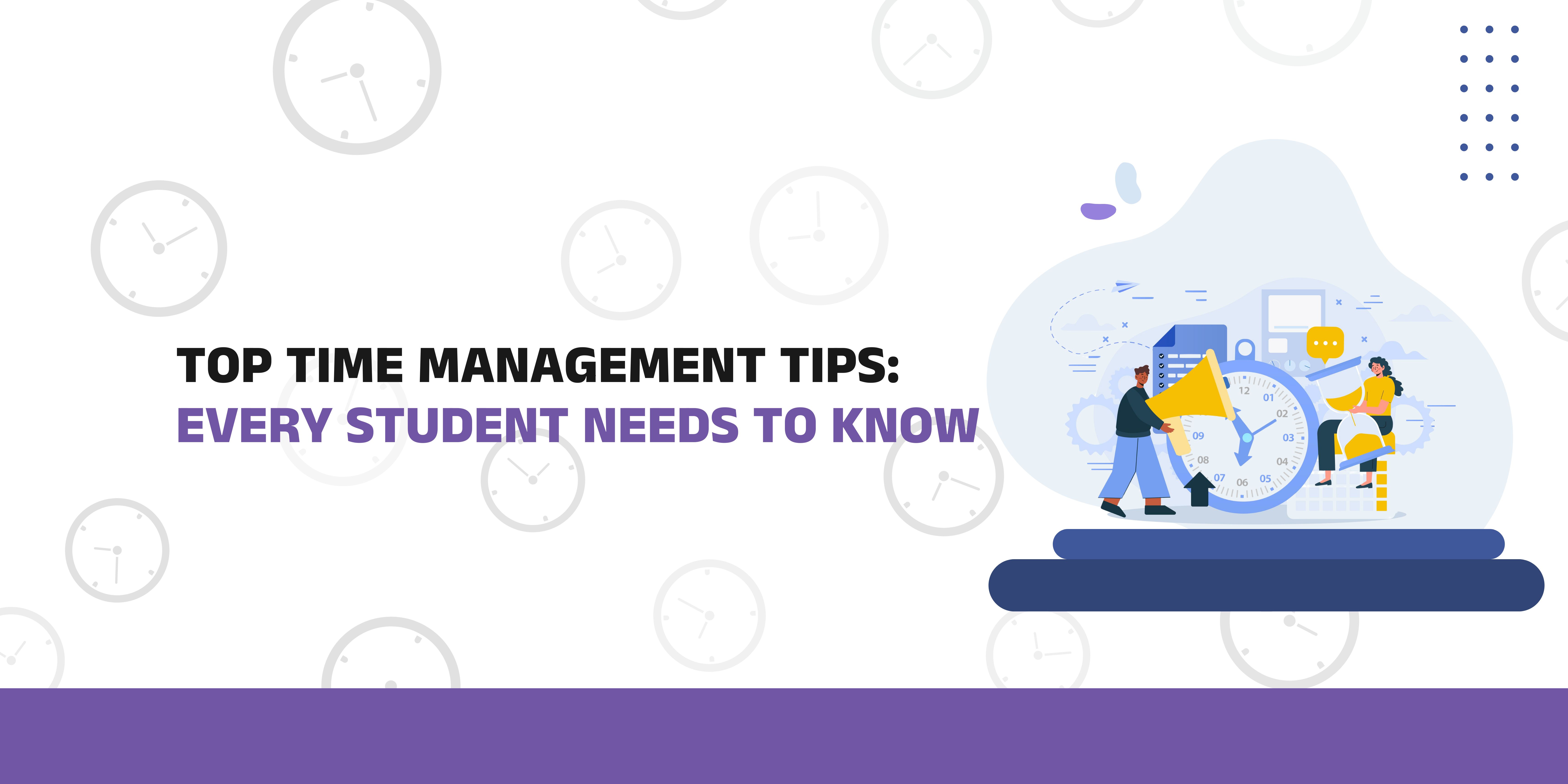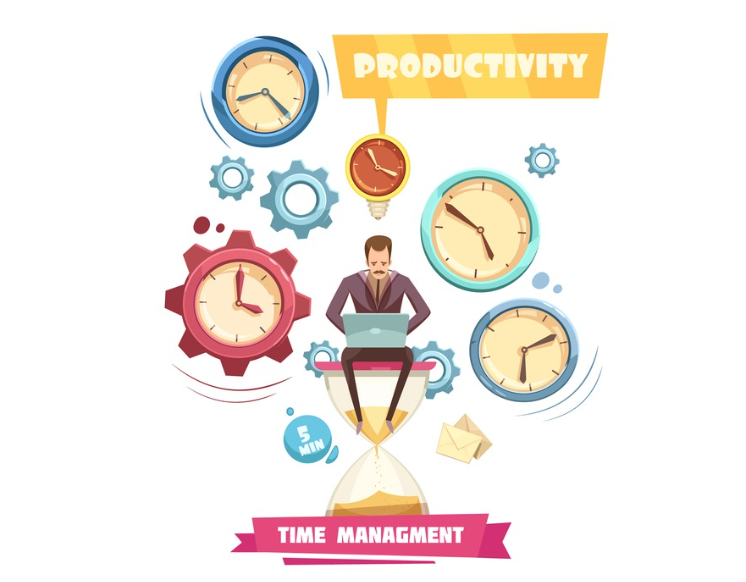Time Management Tips for Students: Study Smarter, Not Harder




As a student, juggling classes, assignments, and exams can feel overwhelming. But what if you could study more efficiently without increasing your workload? The secret lies in innovative time management! By adopting effective strategies, you can improve focus, retain information better, and reduce stress. Let’s explore simple yet powerful ways to study smarter, not harder.
.png)
When teachers tell you to “study,” they don’t just mean reading your textbooks. Effective studying involves:
By applying these study techniques, you’ll retain knowledge more effectively and improve your academic performance.
Start with the most difficult or essential topics when your mind is fresh. This helps you tackle challenging subjects more effectively.
Clearly define your goals in each study session to stay focused and motivated.
Establish a structured study schedule with dedicated time slots for different subjects.
Use planners, apps, or to-do lists to manage deadlines and stay organized.
Choose a quiet, clutter-free environment that helps you concentrate better.
A well-rested body and mind improve learning. Get enough sleep, eat nutritious meals, and stay hydrated.
Use bullet points, summaries, and highlights to make revision more manageable and efficient.
Go over your notes regularly to reinforce learning and avoid last-minute cramming.
Divide significant subjects into smaller, manageable sections for better understanding.
Summarize, teach others, or ask questions to deepen your grasp of the topic.
Use flashcards, mnemonics, and spaced repetition to retain information better.
Turn off notifications, avoid social media, and create a focused study environment.
Use apps and online resources to enhance learning, but set limits to prevent distractions.
Regular quizzes and past exam papers help reinforce learning and improve recall.
Reach out to teachers, friends, or online forums whenever you find a topic challenging.
Collaborate with classmates to exchange ideas, clarify doubts, and make learning interactive.
Switch between different learning techniques to keep study sessions engaging and effective.
Explaining concepts to others strengthens your understanding and memory.
Explore additional books, videos, and articles to expand your knowledge beyond textbooks.
Believe in yourself, stay motivated, and approach learning with a growth mindset.

Time management isn’t about working longer; it’s about studying smarter. Use these strategies to make learning more effective and stress-free!
Short on time? Here’s how to make the most of last-minute study sessions:
Time | Activity |
| 5:00 AM - 6:00 AM | Wake up, freshen up, light exercise |
| 6:00 AM - 9:00 AM | Study with sample papers |
| 9:00 AM - 9:30 AM | Breakfast and relax |
| 9:30 AM - 11:00 AM | Study a different subject |
| 11:00 AM - 11:15 AM | Short snack break |
| 11:15 AM - 1:00 PM | Solve question papers |
| 1:00 PM - 1:30 PM | Lunch break |
| 1:30 PM - 3:00 PM | Study or take a mock test |
| 3:00 PM - 3:10 PM | Relax for a few minutes |
| 3:10 PM - 5:00 PM | Solve past question papers |
| 5:00 PM - 5:30 PM | Rest |
| 5:30 PM - 7:00 PM | Revise notes |
| 7:00 PM - 8:30 PM | Practice paper |
| 8:30 PM - 9:00 PM | Dinner |
| 9:00 PM - 10:15 PM | Light study session |
| 10:15 PM - 10:30 PM | Relax before bed |
| 10:30 PM onwards | Sleep well |
Mastering time management isn’t about studying longer; it’s about studying smarter. Use these tips to make your learning more effective and stress-free!
Interval Learning is the perfect choice if you want to study comfortably with a fully flexible schedule. Get personalized one-on-one tuition customized to your needs and learning pace. Sign up today and experience the difference! Try a demo class now.
The best time depends on your schedule, but mornings and evenings are ideal for focus and retention.
It varies, but 4-6 focused hours with breaks is a good balance. Quality matters more than quantity.
Set clear goals, break tasks into small steps, and use techniques like the Pomodoro method.
Use active recall, repetition, and mnemonics, and teach the concept to someone else.
Yes, but instrumental or low-volume music works best to avoid distractions.